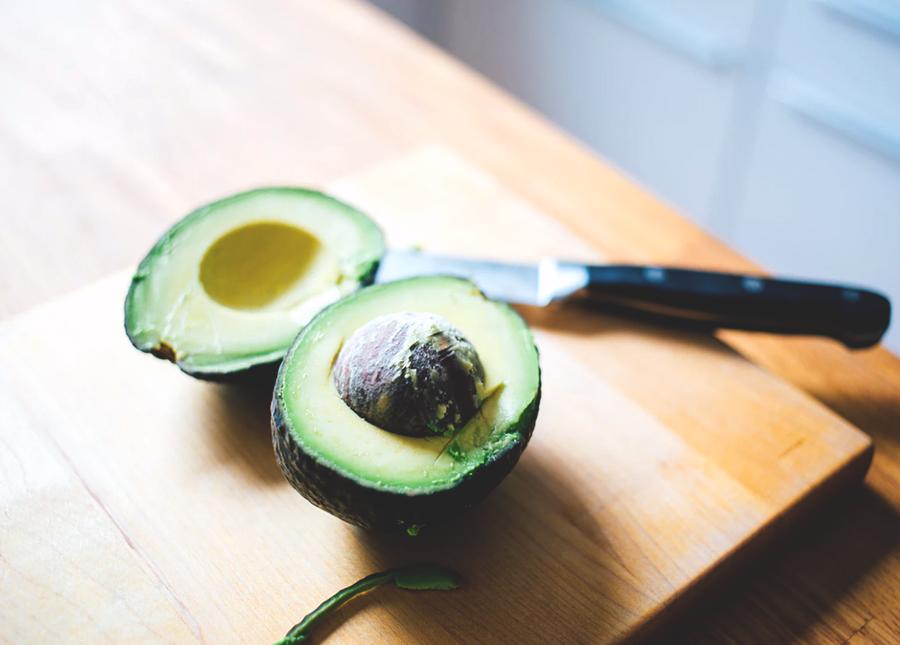The Essential Money-Saving Skill I Tricked Myself Into Loving

In part one of my mini-series on food, I discussed 6 More Ways to Save Money on Food. There are a number of ways to cut down on food spending, which is often one of the largest categories in a person’s budget. The biggest key to keeping food spending in check? Reducing the number of meals eaten outside the home. Part two of this mini-series on food discusses why cooking is essential to saving money.
Food spending can be tricky, because while food itself is certainly a “need,” going out to restaurants is not. It’s common knowledge that it’s significantly cheaper to purchase groceries and cook your own meals at home, yet there is an allure for many people when it comes to going out to restaurants. It’s not only for the opportunity to experience new cuisines, but also as a social outing.
Restaurant Spending Continues Rising
Statistics show that millennials would much rather eat out all the time than cook their own meals at home. In fact, for the first time in history, restaurant spending has surpassed grocery spending. This is incredible. Between restaurants, bars, and coffee shops, we’re talking about a significant portion of the typical millennial’s budget. It’s also an area that millennials tend to admit needing to cut back on.
Whenever you’re analyzing your budget, it’s important to find the areas of spending most important to you, and then cut back on the expenses that aren’t bringing you value. While we enjoy eating out, we grew to realize it wasn’t as important to us as some of our other goals, namely our debt payoff, long-term investing, and travel. That might not be the case for you — maybe you place a high importance on going out to eat and you’d rather cut back in different areas.
Changing Our Mindset
While we still enjoy eating out from time to time, we now think of it as a special occasion. What started as “sacrificing” and feeling difficult has since become a way of life. Through continual practice of cooking meals at home, the temptation to eat out has dwindled. The more you do something, the easier it becomes over time.
Common reasons I’ve heard why people don’t cook their meals at home are: they can’t cook, it’s inconvenient, don’t like cleaning up, they ran out of groceries at home and didn’t get a chance to shop, or they get bored of having the same meals over and over. But the bottom line is that if you want to get your food spending in check, you need to cut back on meals outside your home. Paying for convenience often comes at a substantial cost.
Not only is cooking at home significantly cheaper, but many nights, it’s a much more convenient option. It’s easier for me to whip up a 10-15 minute meal than it would be to drive to a restaurant for takeout or wait for delivery. You also have full control over the ingredients used in the meal, so often it is a healthier option. Cooking together has also been a tremendous bonding experience for my wife and me, while also being a social opportunity for inviting people over for a home-cooked meal.
Practice Leads to Improvement
This all happened as a result of practice. I’m not an amazing cook; I usually tell people that “I can make a few meals well.” I started from scratch and learned new techniques and new meals over time. Because once you make a meal a few times, you simply get better at it. For example, the first time I made an omelet was intimidating, but now, after plenty of practice, I can make them with ease. Cooking used to be a struggle, yet now it has become something I enjoy.
Start with the very basics like scrambling eggs, making pasta and sauce, or a stir-fry. These are cheap, quick, and easy meals. Once you master the basics, scale up from there. None of the meals we make are complicated or involve a ton of different ingredients. Once you master one technique or recipe, move on to the next. YouTube is filled with cooking videos; you just have to make the (relatively little) effort to put yourself out there and learn. Each new meal you make will lead to making progress in your cooking skills.
Changing our mindset about restaurant spending and cooking meals at home is arguably the most important lifestyle decision we made to keep costs low and speed up our road to debt freedom. Not only in the area of our food budget, but the impact was felt across our entire budget. This mindset shift helped show us that lower cost alternatives are doable, and are often preferable to higher cost solutions. This has trickled into other areas of our budget such as finding lower cost methods of entertainment.
Taking the time to build cooking skills is time very well spent and can save you a ton of money over the years. It may even become something you truly enjoy doing.
Image via Unsplash




